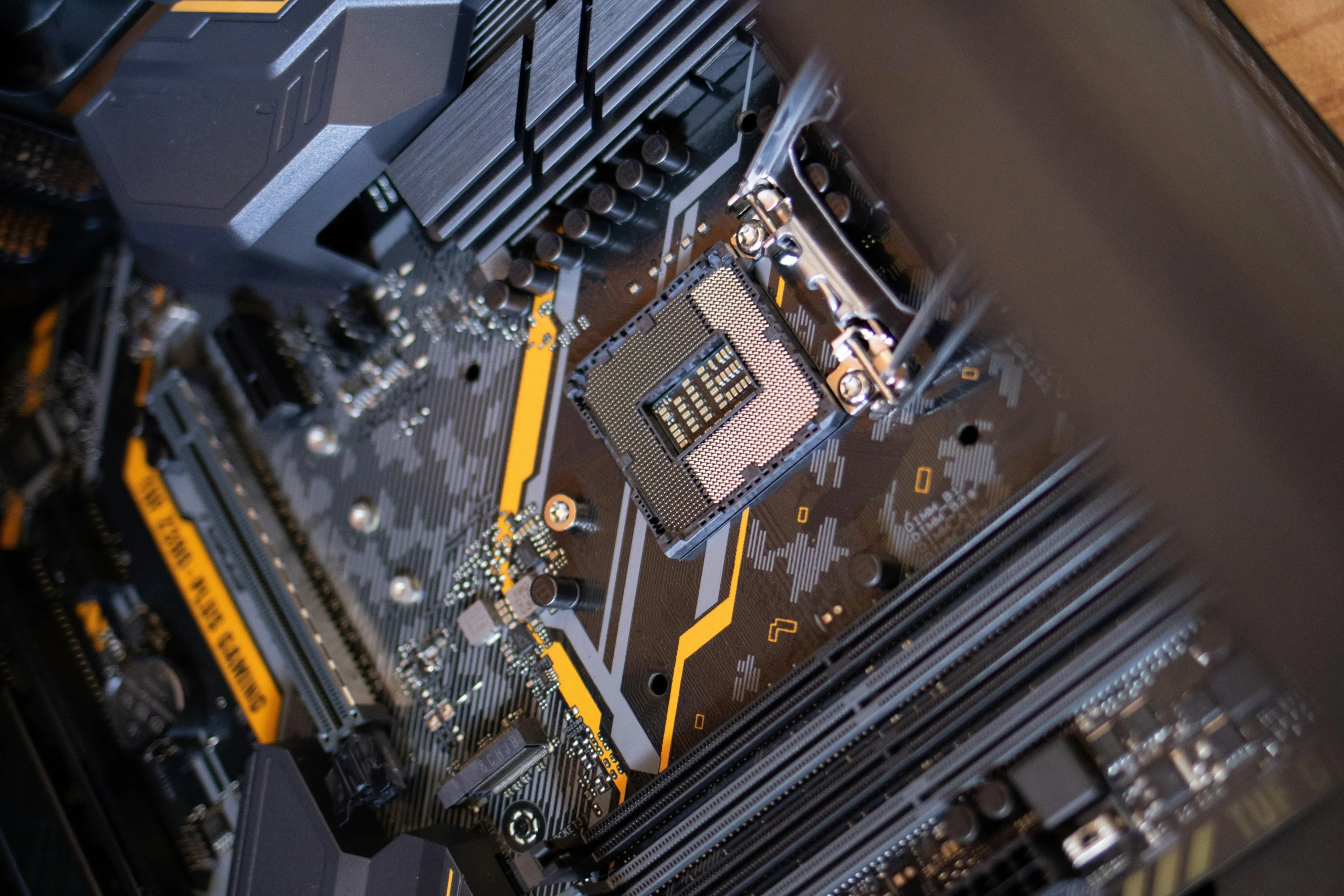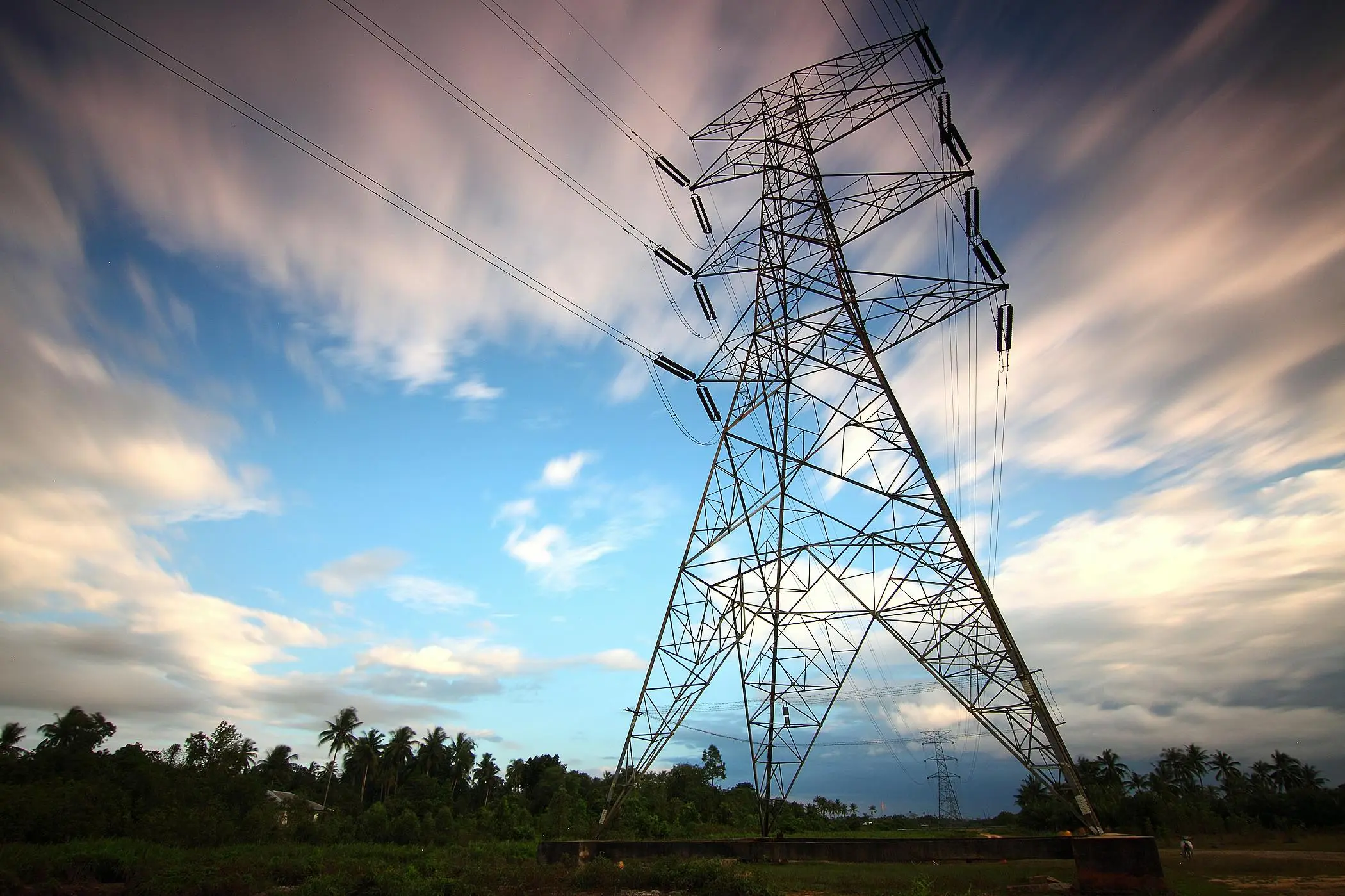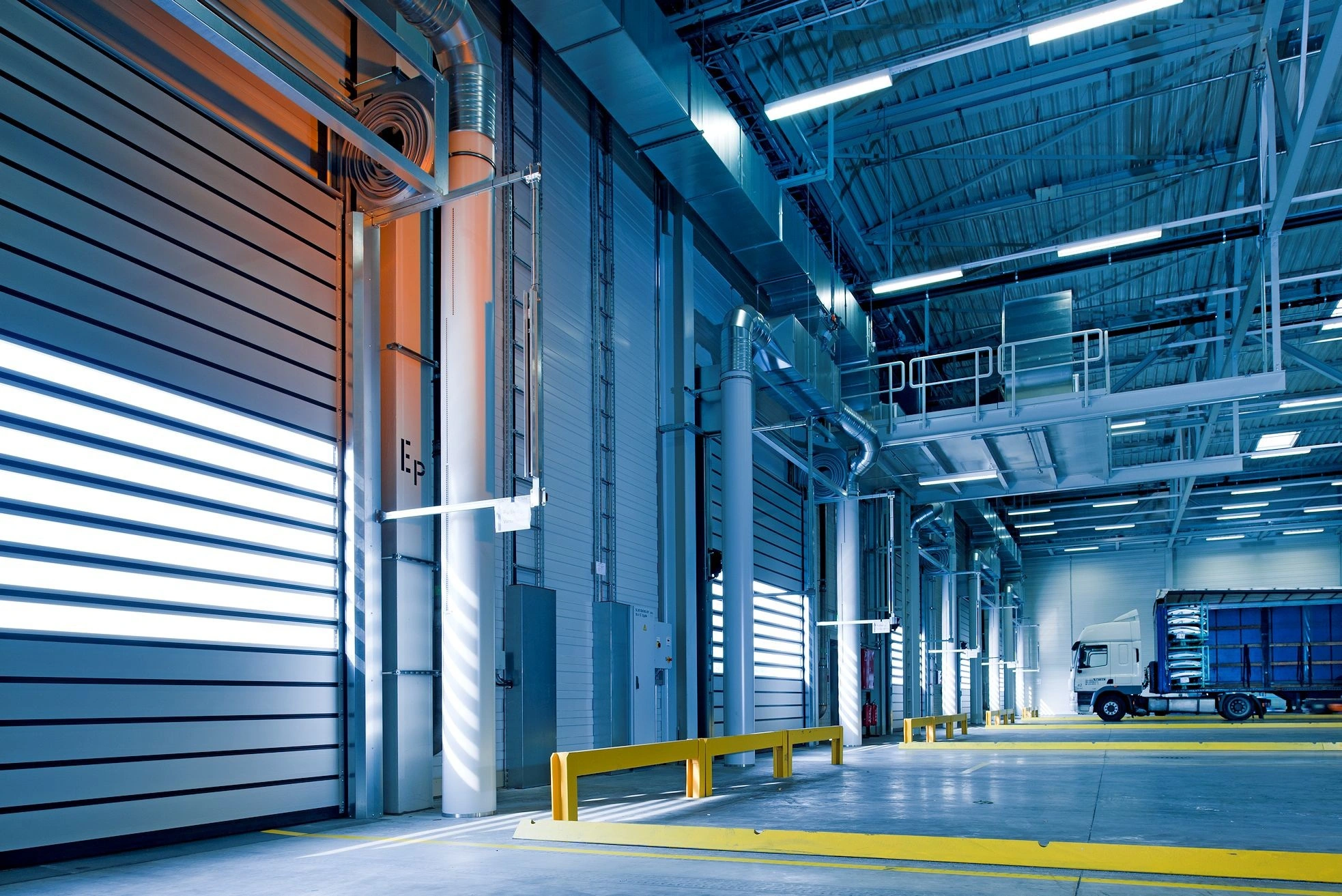At a glance
- Automation streamlines industrial operations, reducing costs and increasing productivity.
- Automation enhances the overall tenant experience through better service delivery and facility management.
- Automation contributes to more sustainable industrial practices, reducing waste and energy consumption.
As automation technology continues to advance, its influence on various industries becomes increasingly apparent. Industrial real estate, a sector that is considered a cornerstone of the global economy, is no exception. Automation is transforming how industrial properties are managed, operated, and even designed, paving the way for a more efficient, cost-effective, and sustainable future.
We will explore the profound impact of automation on industrial real estate, discussing the key technologies driving this change, the benefits they offer, and how companies can adapt to these innovations to remain competitive in a rapidly evolving market.
Automation Technologies Revolutionising Industrial Real Estate
Automation in industrial real estate is driven by a range of cutting-edge technologies that are redefining how industrial properties are utilised and managed. These technologies include the Internet of Things (IoT), artificial intelligence (AI), robotics, and advanced data analytics. Together, they create a more connected, intelligent, and responsive industrial environment.
Internet of Things (IoT)
The Internet of Things (IoT) plays a pivotal role in the automation of industrial real estate. By connecting various devices, sensors, and systems, IoT enables real-time monitoring and control of industrial properties. For example, smart sensors can track equipment performance, monitor energy usage, and detect maintenance needs, allowing for proactive management and reducing downtime.
In warehouses and distribution centres, IoT can optimise inventory management by providing real-time data on stock levels, storage conditions, and asset tracking. This level of connectivity not only enhances operational efficiency but also ensures that industrial spaces are utilised to their full potential.
Artificial Intelligence (AI) and Machine Learning
Artificial intelligence (AI) and machine learning are transforming how industrial properties are managed and operated. AI-powered systems can analyse vast amounts of data to identify patterns, predict trends, and optimise decision-making processes. In industrial real estate, this means smarter facility management, more accurate demand forecasting, and improved logistics planning.
For example, AI can be used to optimise warehouse layouts by analysing traffic patterns, order frequency, and product dimensions, leading to faster fulfilment times and reduced labour costs. Machine learning algorithms can also be applied to predictive maintenance, where they analyse equipment data to anticipate failures and schedule repairs before issues arise.
Robotics and Automation
Robotics is another key component of automation in industrial real estate. Automated guided vehicles (AGVs) and robotic arms are increasingly common in warehouses and manufacturing facilities, where they perform tasks such as picking, packing, and assembly with greater speed and accuracy than human workers.
The integration of robotics in industrial spaces not only boosts productivity but also allows companies to maintain operations in environments that would be hazardous or impractical for humans. Additionally, the use of robotics reduces the need for large labour forces, leading to cost savings and enabling businesses to scale operations more efficiently.
Advanced Data Analytics
Data is the lifeblood of modern industrial real estate, and advanced data analytics tools are essential for unlocking its full potential. By collecting and analysing data from various sources—such as IoT devices, sensors, and building management systems—companies can gain valuable insights into their operations.
Data analytics can help identify inefficiencies, optimise energy consumption, and improve supply chain management. For instance, analysing energy usage patterns can reveal opportunities to reduce costs by adjusting heating, cooling, and lighting schedules based on actual occupancy levels. In logistics, data analytics can enhance route planning and inventory management, leading to faster deliveries and lower transportation costs.
The Benefits of Automation in Industrial Real Estate
The integration of automation technologies in industrial real estate offers numerous benefits, ranging from increased operational efficiency to improved tenant satisfaction. By embracing automation, companies can achieve greater productivity, reduce costs, and create more sustainable and responsive industrial environments.
Enhanced Operational Efficiency
One of the most significant benefits of automation in industrial real estate is the enhancement of operational efficiency. Automated systems streamline processes, reduce manual labour, and minimise human error. For example, computerised warehouse management systems (WMS) can optimise inventory storage, reduce picking errors, and accelerate order fulfilment.
Automation also allows for real-time monitoring and control of industrial properties, enabling quick responses to issues and minimising downtime. With predictive maintenance, companies can prevent equipment failures before they occur, reducing costly repairs and prolonging the lifespan of machinery.
Cost Reduction and Resource Optimisation
Automation reduces operational costs by eliminating the need for extensive manual labour and optimising resource allocation. For example, automated lighting and HVAC systems can adjust energy usage based on occupancy and environmental conditions, leading to significant energy savings.
Improved Tenant Experience and Satisfaction
Automation plays a crucial role in enhancing the tenant experience in industrial real estate. Automated systems can provide tenants with seamless access to facilities, real-time updates on maintenance requests, and personalised services based on their specific needs.
For example, automated security systems can ensure that tenants have 24/7 access to their spaces while maintaining high levels of security. Smart building technologies can adjust lighting, temperature, and ventilation to create comfortable working environments tailored to tenant preferences.
These improvements in service delivery and facility management contribute to higher tenant satisfaction and retention rates, making industrial properties more attractive to potential tenants and possibly achieve a higher net rental.
Sustainability and Environmental Impact
Sustainability is increasingly becoming a priority in industrial real estate, and automation technologies play a key role in achieving this goal. Automated systems can optimise energy usage, reduce waste, and minimise the environmental footprint of industrial operations.
For example, IoT-enabled energy management systems can monitor and control energy consumption in real time, ensuring that facilities operate as efficiently as possible. Robotics and automation can also reduce material waste in manufacturing processes, leading to more sustainable production practices.
By embracing automation, industrial real estate can contribute to broader sustainability initiatives, such as reducing greenhouse gas emissions and conserving natural resources.
How to Implement Automation in Industrial Real Estate
Develop a Clear Automation Strategy
The first step in implementing automation is to develop a clear strategy that aligns with the company’s overall objectives. This strategy should outline the specific goals of automation, such as reducing operational costs, improving tenant satisfaction, or enhancing sustainability.
Engaging stakeholders across the organisation is essential to ensure that the automation strategy is comprehensive and well-supported. Collaboration between different departments, such as IT, operations, and facilities management, can help identify the most valuable automation opportunities.
Focus on Cybersecurity and Data Protection
As automation systems become more integrated and connected, the importance of cybersecurity and data protection cannot be overstated. Industrial real estate companies must implement robust cybersecurity measures to protect their systems from cyber threats and ensure the confidentiality, integrity, and availability of data.
Regular security audits, employee training, and the use of secure network architectures are essential components of a comprehensive cybersecurity strategy.
Automation is set to revolutionise the industrial real estate sector, offering significant benefits in terms of efficiency, cost savings, tenant satisfaction, and sustainability. By embracing automation technologies such as IoT, AI, robotics, and data analytics, companies can stay ahead of the competition and create more responsive, efficient, and sustainable industrial environments.
For industrial real estate agents in Melbourne and other professionals in the field, the key to success lies in understanding the potential of automation, developing a strategic approach to its implementation, and investing in the right technologies to achieve long-term goals. As the sector continues to evolve, those who embrace automation will be well-positioned to thrive in the competitive landscape of the future.






